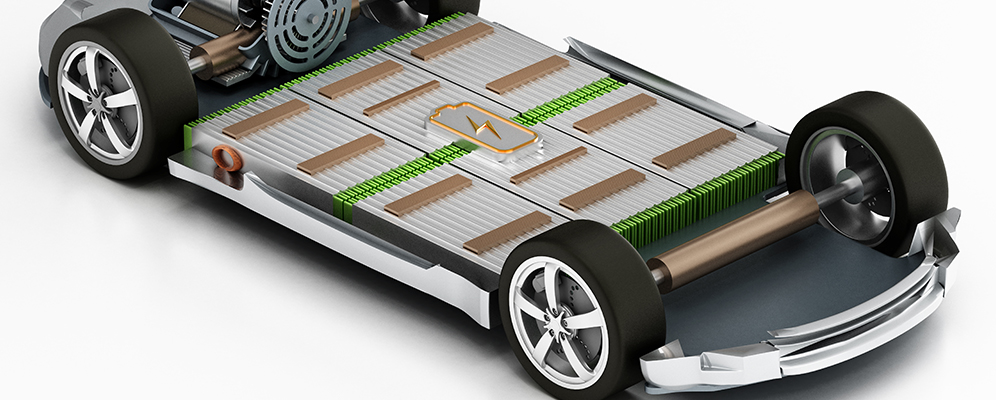Kyiv was invited on Tuesday (13 July) to join EU industrial alliances on batteries and raw materials, with a view to develop an entire value chain of the extraction, refining and recycling of minerals in Ukraine to supply the EU market for electric cars and digital equipment. European Commission Vice-President Maroš Šefčovič has travelled to Ukraine, where he was expected to sign a new “strategic partnership” on raw materials with Prime Minister Denys Shmyhal. “We decided that we should open a new chapter in our strategic relationship and this is a closer cooperation in raw materials, green and digital technologies,” Šefčovič told the media.
The EU-Ukraine partnership on raw materials has a wider global significance. As Russia completes construction of the Nord Stream 2 pipeline to Germany, Kyiv is expected to lose out on gas transit revenues. And raw materials could provide a new source of income for Ukraine. “We need to see the meetings and discussions we will have today and tomorrow also in a geopolitical context. Because Ukraine is becoming part of a European value chain which I think is of strategic importance,” Šefčovič said. The Commission sees clear opportunities from forging closer ties with Ukraine. Europe is currently heavily dependent on imports of key raw materials, with China providing 98% of the EU’s supply of rare earth elements, a key component for magnets used in electric car batteries, smartphones and wind turbines.
This follows a decision of the European Commission, in September 2020, to lauch a new industry alliance aimed at strengthening the EU’s “strategic autonomy” on raw materials like rare earths, which are considered key for the bloc’s green and digital transitions. The Commission tabled a battery regulation in 2020, saying Europe was aiming to build the “greenest” batteries on earth, with the highest environmental and social standards. The new strategic partnership with Ukraine will also come with a financial package, including an additional €750,000 in technical assistance made available as of 2022. Ukrainian businesses and universities will be invited to apply directly for funding under the Horizon Europe funding programme for research and innovation, which has €125 million allocated for battery research and more than €1 billion allocated for hydrogen technologies.




